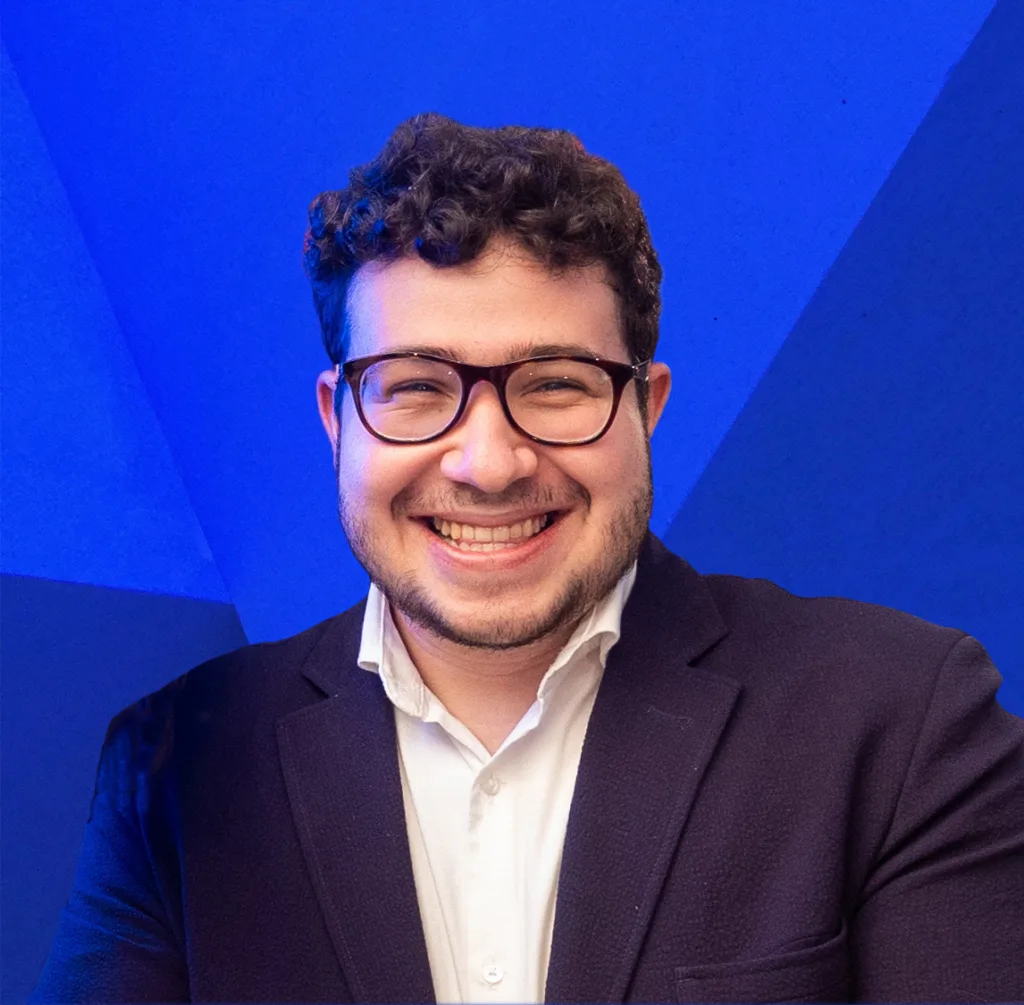Honoring the Generations that Came Before Us

As the first member of my family to be born in the United States, I think a lot about my family’s legacy and my connection to the generations that came before me.
This shows up in a lot of ways, but most prominently when I think about my education, and the way I connect with my Jewish identity.
Honoring my family’s legacy
Growing up, I had the opportunity to attend a private Jewish day school, where I pursued a general and Jewish education. I spent a lot of time with my grandparents during those years. My grandfather drove me to school before heading to his delivery job, and my grandparents attended concerts, cheered me on during swim meets, and even helped me with my Hebrew homework, memorizing words they didn’t know to help me study. They were there to celebrate any achievement, big or small, beaming with pride.
It wasn’t until I was a little older that I understood just why my parents and grandparents cared so deeply about my education. Many immigrants face a loss of professional identity when they enter the United States, including my grandparents, who moved to this country with their families from different areas of the former Soviet Union. Even though my grandparents were highly accomplished in their fields, the language and cultural barriers they encountered meant they could never pursue their professional passions in the U.S. Instead, they focused on setting up their children for success.
I can’t begin to imagine where I’d be without the sacrifices the people before me have made. It’s because of their hard work that I’ve been able to have so many educational opportunities, from the school I attended growing up to the gap year I spent in Israel. It is because of their tireless dedication to building a better future that I’ve inherited their grit and perseverance along with deeply held values of education, career, and connection to Judaism.
Connecting with my Jewish identity
But it’s not just my parents and grandparents whose legacy and sacrifices I want to honor with my education and career. During my gap year, I took a trip to Poland to visit sites that are important to Jewish and Holocaust history. I had heard many accounts about how intense those trips can be, and everyone who told me it would be a transformative experience was right. I was educated about the Holocaust from a young age, but the feeling of standing on the ground where those events really happened is impossible to put into words.
On the second day of our trip, we visited the Chachmei Lublin Yeshiva, once a powerhouse of Jewish study. The Yeshiva was shuttered and destroyed by the Nazis during their occupation of Poland, and while it now stands as a hotel, it has never operated as a Yeshiva again.
My group was staying in that hotel over Shabbat, along with students from another school. Kabbalat Shabbat, the Friday night service welcoming Shabbat, began as I found my seat in the packed synagogue. The music reverberated around the room to an almost deafening degree. As we got to Lecha Dodi, the central prayer of the Kabbalat Shabbat service, people began to stand and dance together. The dance shook the floor and ceiling.
During WWII, the Nazis attempted to destroy this building for being a source of Judaism, and it was now once again full of it. I could imagine the same event taking place in this very spot, less than a century ago. At that moment I was not only proud to be Jewish, but deeply connected to Jews of the past.
In the face of all the adversity our people have experienced, we persevered. Nothing can destroy our joy and celebration of our culture and heritage, or our resilience. Just like I honor my parents and grandparents, I study and work to honor the legacy of the Jews who came before me.